The European Football Championship, often referred to simply as the Euros, is a prestigious soccer tournament that captures the hearts of millions of fans across the globe. Organized by the Union of European Football Associations (UEFA), this quadrennial event showcases the best national teams from across Europe, competing for the coveted title of European Champions. With a rich history, thrilling matches, and unforgettable moments, the Euros stand as one of the most celebrated sporting events in the world.
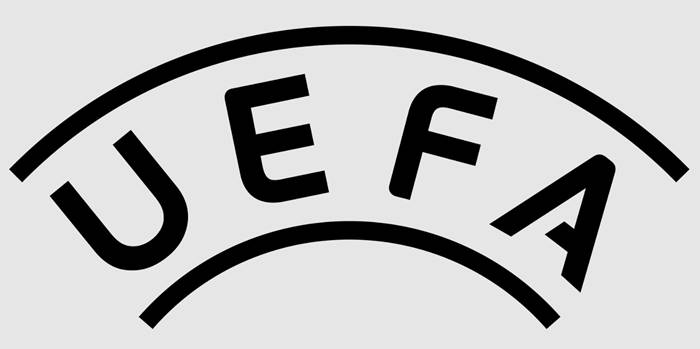
Origins and Early Years
The idea of a European championship was first proposed by Henri Delaunay, the French football administrator, in the 1920s. However, it wasn’t until 1958, three years after Delaunay’s death, that the first tournament was organized, with the inaugural event taking place in 1960. Initially known as the European Nations’ Cup, the tournament featured just four teams, with the Soviet Union claiming the first title.
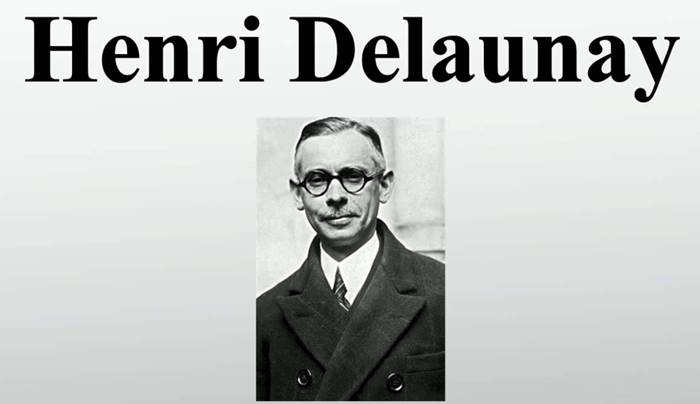
Expansion and Rebranding
Over the decades, the tournament has undergone significant changes. The number of participating teams expanded from four to eight in 1980, then to sixteen in 1996, and most recently to twenty-four teams in 2016. This expansion has allowed more nations to participate, increasing the competition’s diversity and excitement.
In 1968, the tournament was renamed the European Football Championship, and it has since become one of the most anticipated events on the sporting calendar.
Iconic Matches
The Euros have delivered countless unforgettable matches. The 1976 final saw Czechoslovakia’s Antonín Panenka introduce the world to the ‘Panenka’ penalty, a cheeky chip shot that has since become legendary. The 2000 final between France and Italy was another classic, with David Trezeguet’s golden goal securing France’s victory.
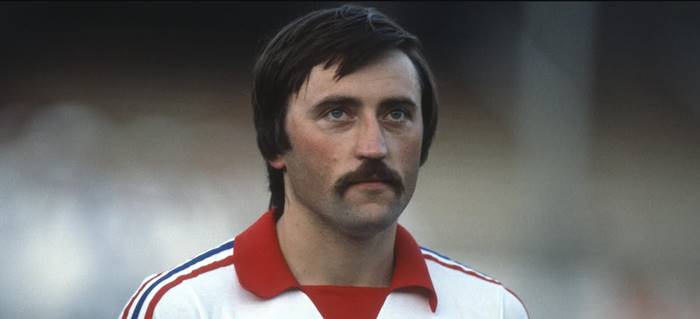
Legendary Players
The tournament has showcased some of football’s greatest talents. Michel Platini’s nine goals in the 1984 tournament remain a record. Other legends like Marco van Basten, Zinedine Zidane, and Cristiano Ronaldo have all left their mark on the Euros, creating moments of brilliance that fans will remember forever.
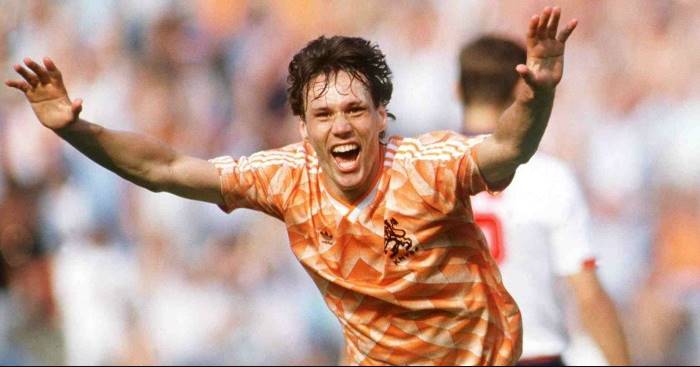
The Structure of the Tournament
Qualification Process
To reach the final tournament, teams must go through a rigorous qualification process. This involves group stages where teams play each other home and away, with the top teams securing their spots in the final tournament. The qualification process ensures that only the best teams compete for the European crown.
Group Stages and Knockout Rounds
The final tournament begins with a group stage, where the 24 teams are divided into six groups of four. Each team plays three matches, with the top two teams from each group, along with the four best third-placed teams, advancing to the knockout stage. The knockout rounds include the Round of 16, quarter-finals, semi-finals, and the final, culminating in the crowning of the European champion.
Impact and Cultural Significance
Economic Boost
Hosting the European Championship brings significant economic benefits to the host nation(s). From tourism and hospitality to infrastructure development, the tournament stimulates economic activity and leaves a lasting legacy.
Cultural Unification
The Euros serve as a unifying force, bringing together diverse cultures and fostering a sense of European identity. Fans from different nations come together to celebrate the beautiful game, promoting mutual respect and understanding.
The Future of the European Championship
Innovations and Changes
UEFA is continuously looking for ways to innovate and enhance the tournament. The 2020 edition, for example, was unique as it was hosted across multiple cities in Europe to celebrate the tournament’s 60th anniversary. Future editions may see further changes in format and hosting arrangements to keep the competition fresh and exciting.
Emerging Talent
The Euros are a platform for emerging talent to shine on the international stage. Young stars like Kylian Mbappé and Joao Félix have already made significant impacts, and future tournaments promise to introduce new football prodigies to the world.

European Football Championship 2024: A Comprehensive Guide
The European Football Championship 2024, also known as Euro 2024, is poised to be one of the most thrilling and highly anticipated sporting events of the year. With Europe’s best teams set to compete for continental glory, football fans around the world are eagerly counting down the days. This guide provides an in-depth look at what to expect, including the schedule, key teams to watch, and the host cities.
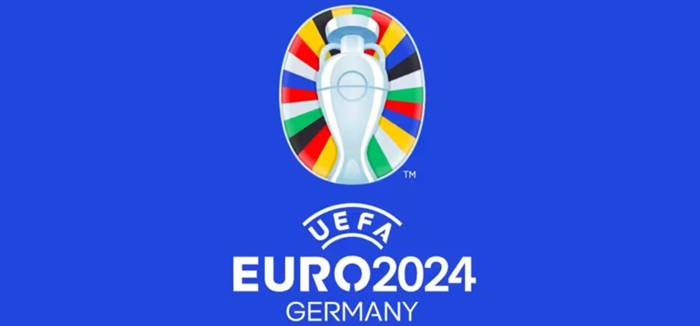
Host Country: Germany
Germany will be hosting Euro 2024, marking the first time the country has hosted the tournament since reunification. The tournament will feature matches in 10 vibrant cities, each offering its own unique atmosphere and football culture. The host cities are:
-
- Berlin
-
- Munich
-
- Dortmund
-
- Stuttgart
-
- Hamburg
-
- Leipzig
-
- Cologne
-
- Düsseldorf
-
- Gelsenkirchen
-
- Frankfurt
The final will be held at the iconic Olympiastadion in Berlin, a stadium with a rich history of hosting major football events.
Tournament Format
Euro 2024 will feature 24 teams, divided into six groups of four. The top two teams from each group, along with the four best third-placed teams, will advance to the knockout stage. This format ensures plenty of competitive action and surprises throughout the tournament.
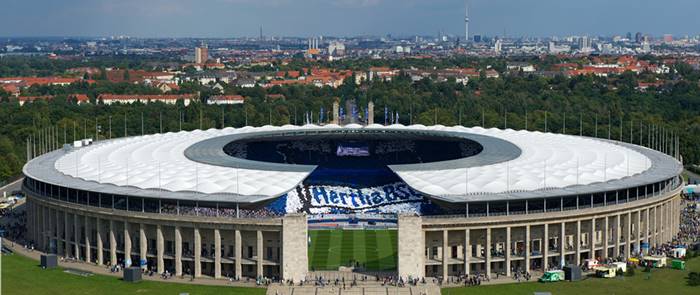
Key Dates and Schedule
The tournament will kick off on June 14, 2024, and conclude with the final on July 14, 2024. Here’s a breakdown of the key dates:
-
- Group Stage: June 14 – June 26
-
- Round of 16: June 29 – July 2
-
- Quarter-finals: July 5 – July 6
-
- Semi-finals: July 9 – July 10
-
- Final: July 14
Group Stage Matches
The group stage will see each team play three matches. Here are some of the standout fixtures:
-
- June 14: Opening match in Munich, featuring Germany
-
- June 17: England vs. Croatia in Wembley
-
- June 21: Spain vs. Italy in Stuttgart
-
- June 24: France vs. Portugal in Berlin
These matches promise to deliver exciting football as teams vie for a spot in the knockout rounds.
Teams to Watch
Germany
As the host nation, Germany will have the advantage of playing on home soil. With a blend of experienced players and emerging talents, they are strong contenders for the title.
France
The reigning world champions boast a squad full of world-class players, including Kylian Mbappé and N’Golo Kanté. France will be looking to add another Euro title to their collection.
England
England, with its mix of youthful exuberance and seasoned campaigners, will be aiming to build on their recent success at Euro 2020 and the 2022 World Cup.
Italy
The Azzurri have a proud history in the Euros and will be looking to bounce back after missing out on the 2022 World Cup. With a solid defense and creative midfield, they are always a threat.
Fan Experience and Ticketing
Germany’s efficient transport system and passionate football culture make it an ideal host. Fans can expect seamless travel between cities, with plenty of fan zones and events to enjoy. Ticket sales are ongoing, and fans are encouraged to purchase through official channels to avoid scams.